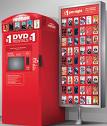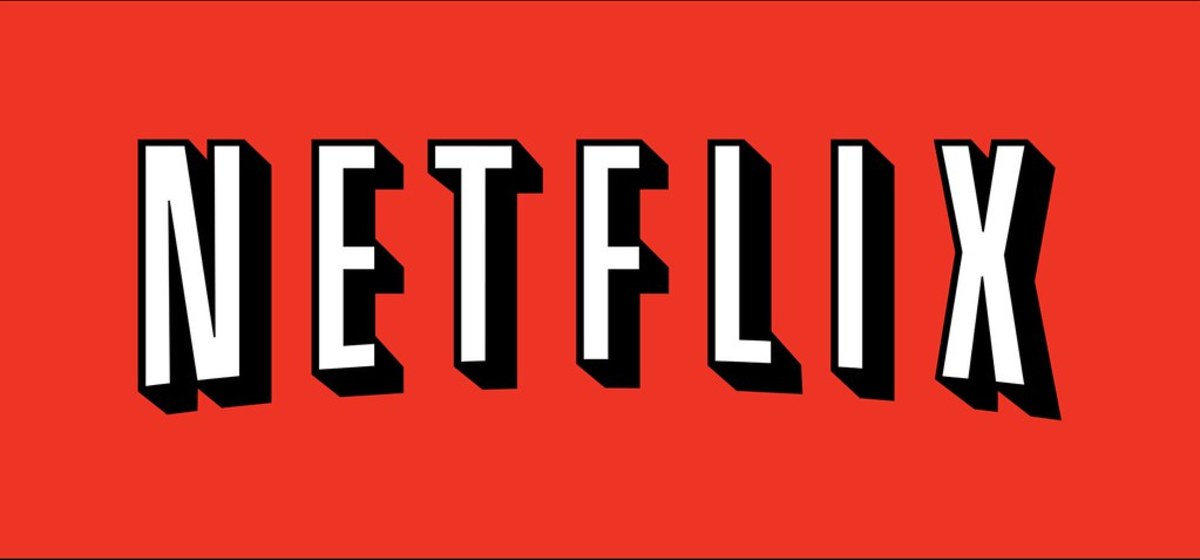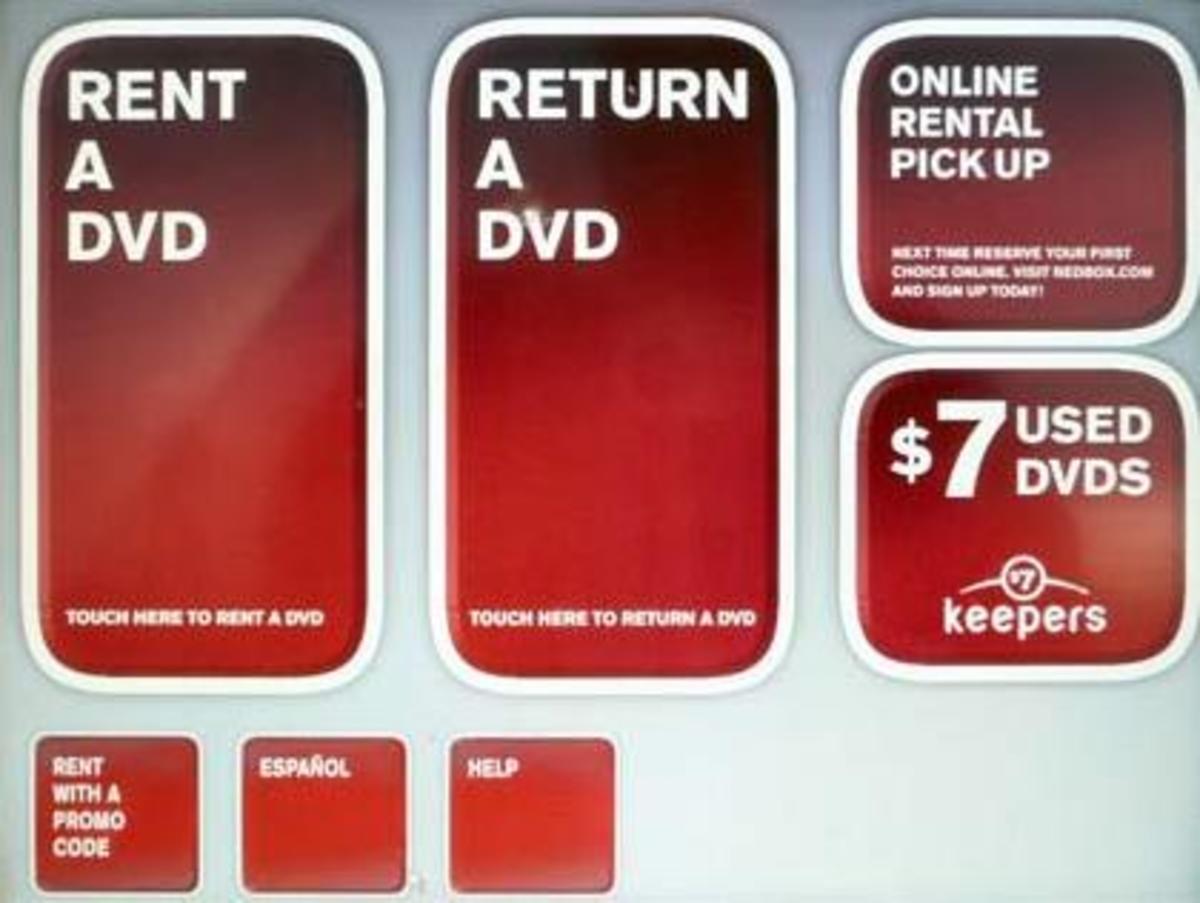Rent Movies By Mail
America Loves Its Movies
Two behemoths currently rule over the DVD rental by mail market - Blockbuster and Netflix. Theoretically, only one can be the best, but as I have learned (having used both services) there is no clear winner in this war. As such, I intend to present what both companies have to offer and allow you, the consumer, to decide for yourself.
And when we are done with that, what next? We'll look into another contender that is quietly seeking to dethrone both champs by using a different business model.
Understand going into this article that there is no clear-cut winner. It's all about which business will serve your needs the best, and that's what I'm here to discover. To that end, I offer merely the facts and allow you to make the choice yourself. And with that said, we shall let the heavyweights into the ring ...

First Batter Up, Netflix
Why did I chose to speak about Netflix first? Is that because I consider it the best, and therefore, see the need to mention them first? Perhaps not. Maybe it's because I consider Blockbuster to be the better deal and I want to save them for last. Well, that isn't the case either.
Actually, neither is the truth, as I consider both companies as equals. To be honest, I needed to start with someone, so I decided to start with the company that has the most experience in this market, and that's Netflix.
And so, we go back to the beginning ... 1999 ... when a small upstart decided to take on the video rental giants by presenting a new idea. Back then, the idea of renting DVDs through the mail seemed like a crazy notion. After all, one just needed to run out to the local video store and snap them up personally, so why the need to wait for them to arrive in the mail?
The promise ... No late fees.
This is what inspired people to try Netflix. As everyone back then had a bad experience with a late movie that cost them a fortune, this made for a smooth conversion that slowly trickled people away from the video stores and into the realm of DVD rentals by mail.
Plans were created where members could rent an unlimited amount of movies per month, but there was a catch (of course). You could only have out a certain amount of movies at a time, and that amount was predetermined by the plan you paid for.
This was the perfect bait to pull many viewers away from the video store, and they slowly defected in droves. No longer did they need to go to the store, wasting precious gas and time. They could shop for their movies online and then wait at home for them to arrive in the mailbox. To make the deal even sweeter, they didn't even need to drive them back to the store when they were done with them. They just put them back into the mailbox to sent them back - a neat clean way to cut out the competition by assuring no one ever visited them.
This model grew over the years, with many video stores noticing a sharp drop in profits. Many folded their tents and closed, but one sleeping dragon decided to take the youngster on.

Swinging Back at the New Kid
Blockbuster watched their profits slowly erode and decided the time had come to do something drastic. Blockbuster Online was created, modeling itself after the same process Netflix had made famous. However, to clone the competition wasn't enough, as the enemy already had a definite strong foothold. No, they needed to do something bold and new. They needed to offer something more.
And more is what they came up with ... in the form of a plan that allowed customers to bring their rentals back to the store instead of mailing them back, under the premise that the customer were 'getting another rental' more quickly. What they failed to tell customers (at first) was that those in-store rentals were subject to the same rules and conditions as any other movie rentals in their stores - which included late fees.
With everyone trying to escape such fees, why would customers return to Blockbuster? The truth is, there was a chink in Netflix's armor. As much as customer's hated late fees, they also despised waiting for new movies to arrive. For you see, both companies controlled the amount of rentals a customer could actually have in a month by controlling how long it took them to receive new videos.
Thus, the battleline was drawn between Netflix and Blockbuster.
Who Won the War?
The customers did, by being able to chose which business model served them better.
Those who refused to return to the video store embraced Netflix, thanking them for saving them time - and the possibility of late fees; while others flocked to Blockbuster, certain they could get more for their dollar because they were responsible enough to return their movies on time. And there lies the true choice of which service you should pick!
For you see ... If you are the kind of person who periodically forgets to return movies then Netflix is perfect for you, as there is no punishment for doing so. However, if you are the type of person who is regimented and rarely forgets, Blockbuster offers a deal you can't possibly refuse. Knowing your own rental habits makes the choice easy, as both services are pretty equal on cost, video availability, and turnaround time.
Of course, ask any guilded member of Netflix or Blockbuster Online which is the best and you will hear differently. Each giant has its loyal followers and they can never be swayed to the other side, which is as it should be, as both companies have worked hard to build customer loyalty.

But Another Contender Hides in the Shadows
Another company out there intends to take both giants on, by using a totally different distribution model all together. Redbox, out of Oakbrook Terrace, IL, is placing their self rental units everywhere, allowing rentals for $1 a night.
What makes this so appealing? After all, isn't this a reinvention of the video store? Well ... it is, and it isn't. You see, Redbox is a kiosk placed inside a place of business (such as a grocery store, a Walmart, a fastfood restaurant, or a mall). As it's just a machine that dispenses videos, there is no human being to pay to dispense the videos, which drastically lowers the cost to maintain the service.
Of course, the customer must still return the video or endure the late fee, but that fee is only $1 a night, and the machines are cropping up everywhere, making returns as easy as finding a local machine and plunking the movie in.
Currently, the number of selections per machine is low, as each machine can only hold so many DVDs, and most of these slots are given to the current hits that are out on video. Still, it's really nice to see a movie in the grocery store you want to rent, take it home for a $1 and easily return it somewhere else the next day.
Will Redbox dethrone the current heavyweight champs? With their current working model ... no ... but they do serve a niche for those interested in quick and cheap rentals. If anything, these kiosks serve those people who want the movie now and don't want to wait for it to arrive in the mail. However, if Redbox could ever create a system where the machine actually wrote the DVD of your choice for you while you waited they could stage a major coup.
Now, to some that might sound like an idea in the realm of science fiction, but the basic technology already exists. Rewritable DVDs are sold daily that could be rewritten as needed and we know DVD burners exist to write DVDs. The only think holding it all back is the time it would take to burn a movie. If someone were to cut that time down to about 1 minute, Redbox would have a mint on their hands. Alas, we aren't there yet, so the selection is what it is.
Still haven't decided yet?
If you are still renting movies at the video store, watch your rental habits for a whole month. Determine how many videos you actually watch (not how many you rent, as we all know we occasionally rent a movie we never watch), and then go to each companies website, which I have provided a link to here:
- DVD Rental - DVD Movie Rentals - Rent Movies Online at Blockbuster
Blockbuster Online: Get DVDs delivered directly to your Door. Rent DVDs online. Give the gift of DVDs. More than 90,000 titles from classics to the hottest new releases. Rent as many DVDs for one low monthly membership fee. Shipping is always free. T - Netflix: Rent as many movies as you want for only $8.99 a month! Free Trial
Netflix: DVDs by mail plus instantly watch some movies on your PC, Mac, or right on your TV via an Internet connected Netflix ready device.
Determine how much it would cost for you to rent the same amount of movies per month from each company, keeping in mind that Blockbuster allows inhouse exchanges. Be sure to figure in at least a week for shipping back old movies and getting back new ones.
Next, determine how much of a hassle it is for you to go to the local Blockbuster video store. If it's not worth the effort, then go with Netflix. Whereas, if the local Blockbuster is close by and easy to deal with, then go with Blockbuster Online.
Remember, the in-store exchange is the only virtue that places Blockbuster ahead of Netflix. Otherwise, for out-of-store rentals, Netflix takes a slight lead.
That's All I Have For Now
I would have included prices and rental agreements, but we all know these things change like the wind, and that a responsible consumer will always read the fine print for any agreement. As such, my job here today was to show you the choices and allow you to decide which might be for you.
Remember, as strong competitors as these two bulls are, they will always seek to outdo the other. As such, both will offer anything they can to be the place you go to for DVD rentals by mail. So, shop well, and take advantage of any trial offer that might exist, making your choice a bit easier by actually experiencing their services on a trial basis before sinking both feet in.
So, until then, have fun watching the movies at home!
Was This Article Helpful
Looking For More Info On DVD Rental By Mail?
- DVD Movie Rentals by Mail - BlockBuster or NetFlix?
How covenient is DVD rental by mail? I've done a study on the services offered from BlockBuster Online, NetFlix and Wal-Mart and share the results. - DVD Rental Review - by post reviews of US, UK








